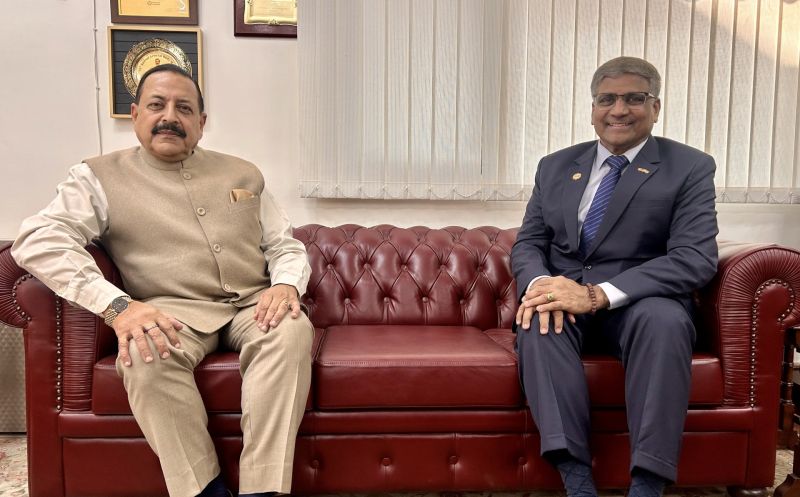RSS feed source: National Science Foundation
U.S. National Science Foundation
Directorate for Computer and Information Science and Engineering
Division of Computer and Network Systems
Division of Computing and Communication Foundations
Division of Information and Intelligent Systems
Office of Advanced Cyberinfrastructure
Directorate for Social, Behavioral and Economic Sciences
Division of Social and Economic Sciences
Division of Behavioral and Cognitive Sciences
Directorate for Mathematical and Physical Sciences
Division of Mathematical Sciences
Directorate for STEM Education
Division of Graduate Education
Full Proposal Target Date(s):
September 29, 2025
Last Monday in September, Annually Thereafter
January 26, 2026
Last Monday in January, Annually Thereafter
Proposers are highly encouraged to submit by a target date. Proposals will be accepted anytime, but they may miss a particular panel or committee meeting.
Important Information And Revision Notes New focus on a complex and interdependent cyber ecosystem that involves hardware, software, networks, data, people, organizations, countries, and the physical world. Increased emphasis on (1)
Click this link to continue reading the article on the source website.

